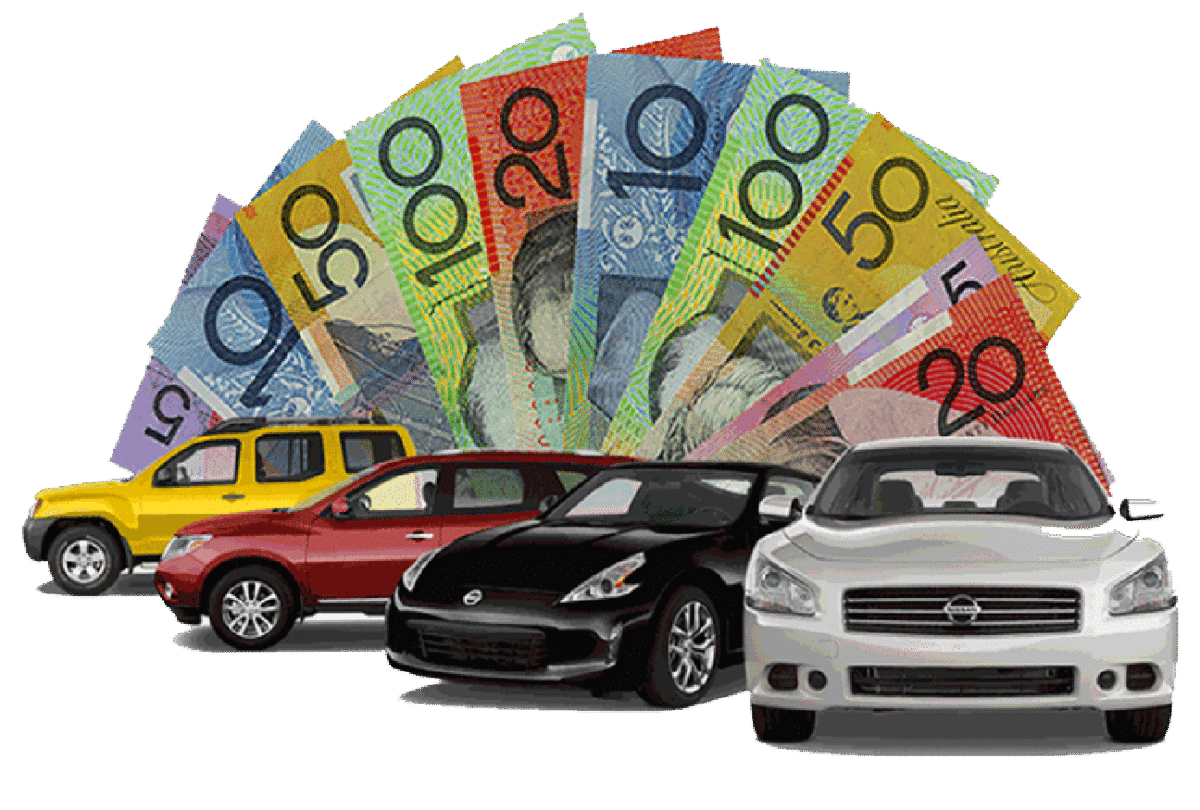Many people across Melbourne have an old vehicle sitting in the driveway or locked away in the garage. Some plan to repair it one day, while others hope to find a private buyer who will pay a fair amount. Months pass, yet nothing changes. The tyres deflate, dust gathers on the bonnet and spiders build nests under the wipers. At some point, it becomes clear that holding onto it brings more stress than comfort.
Selling privately might sound appealing at first. Placing an ad online, attaching a few photos and waiting for a message from an interested buyer seems like an easy process. Reality often tells a very different story. Most buyers ask endless questions, want multiple inspections or try to bargain far below what feels reasonable. Some do not arrive after confirming a time. Others ask for unnecessary repairs before paying even a single dollar. All that effort drains time, fuel and energy.
This is where choosing cash for cars in Melbourne becomes a logical alternative. It removes guesswork and delays. It gives a clear path forward without needing safety certificates, pink slips or registration. The vehicle does not need to run. It does not need polish. It only needs to exist.
How Melbourne Car Collection Services Operate
Car collection operators across Melbourne accept vehicles in any condition. They purchase them for metal recycling, parts removal and material recovery. Once collected, the vehicle is stripped down in a licensed yard. Tyres, plastic trims and fluids are separated. Metal goes into shredders. Usable parts are sold to workshops or individual buyers who need replacements. Nothing goes to waste.
Australia records more than 700,000 end-of-life vehicles every year. A significant portion of those reach recycling yards through collection services. This reduces landfill pressure and helps protect the environment by reusing steel, copper, aluminium and other valuable materials.
The entire system supports a circular economy. Instead of throwing away parts that still hold worth, car wreckers turn them into resources for future use. That is far better than allowing an unwanted vehicle to rot behind a fence.
What Types of Vehicles Are Accepted
Many owners assume their vehicle is too damaged, burnt or stripped to hold any value. That is rarely correct. Collection operators in Melbourne take:
- Old sedans with blown engines
- Flood-damaged 4WDs
- Written-off utes with bent chassis
- Unregistered vans with missing tyres
- Hail-dented hatchbacks
- Abandoned vehicles left by previous tenants
Even cars that are half disassembled still hold scrap value. The key point is that no model is too broken to qualify. Whether local or imported, petrol or diesel, automatic or manual, each one can be weighed, lifted and processed.
What Documents Are Needed
No safety certificate is required. No roadworthy inspection is needed. All you need is proof of ownership and a form of identification. If the vehicle still carries plates, the collection driver might assist with removal so you can return them for a possible refund. If the registration has expired, the paper trail still helps confirm legal transfer.
The transaction is straightforward. Sign the transfer section, hand over the keys or provide access to the vehicle and watch it get loaded onto the tow truck. That is all.
How Much Can You Expect to Receive
The figure you receive depends on weight, make, location and current metal rates. A large 4WD with a steel frame often returns more than a compact hatchback with lighter panels. Operators usually ask a few basic questions over the phone. They then provide a quote based on the details given.
Payment is made on the spot through cash or transfer. Some owners worry about hidden deductions, yet licensed collection services stick to the original figure provided during booking. They do not chip away at the amount upon arrival unless important details were left out.
Why Letting Go Brings More Peace
Every unused vehicle comes with a cost. It occupies valuable space. It collects dust and rust. It invites insects. It draws complaints from neighbours. Councils across Victoria have issued fines for abandoned vehicles left on public land or nature strips. Insurance payments continue if the policy is still active. Registration fees go to waste if the vehicle cannot legally be driven.
Letting go removes all these issues at once. The yard becomes clear. The driveway opens up. Weekend cleaning workload drops. One small decision removes years of silent stress.
Safety Concerns Around Abandoned Vehicles
Old vehicles often leak fluid. Oil drips into soil. Coolant lingers in puddles. Children or pets might play near sharp panels or broken glass. Wheels may collapse due to rusted drums. Windshields might shatter due to pressure changes. Clearing such hazards is not only practical but responsible.
Many Melbourne councils have reported cases where overgrown weeds and hidden vehicles present fire risks during summer. Collecting and recycling those vehicles keeps neighbourhoods safer.
A Comparison with Private Selling
| Aspect | Private Selling | Car Collection Operator |
|---|---|---|
| Requires roadworthy certificate | Yes | No |
| Requires advertising | Yes | No |
| Requires inspections | Yes | No |
| Requires repairs | Often | No |
| Payment on pickup | Rare | Yes |
| Time required | Weeks or months | One day |
This comparison shows why many owners choose collection services once they assess the effort involved.
Environmental Impact
Australia has strict regulations around vehicle disposal. Oils and coolants must be stored in sealed tanks. Tyres require controlled shredding. Petrol must be drained and captured. These steps cannot be achieved safely at home or in a backyard shed, which is why choosing car removal Melbourne services helps ensure every part is handled under the right guidelines. Licensed wreckers follow state rules that protect waterways and soil.
A single car contains around 65 percent steel, 7 percent aluminium, 16 percent plastic and smaller amounts of copper, rubber and glass. Nearly all these materials can be reused. That saves energy compared to producing new metals from raw mining. Recycling one tonne of steel roughly saves 1.1 tonnes of iron ore, 0.6 tonnes of coal and 0.05 tonnes of limestone.
Those figures reveal how much impact one decision can make.
When Is the Best Time to Act
Some owners wait for metal prices to rise before selling. That approach might seem logical yet often leads to more decay, more leaks and more mess. Metal rates shift regularly, yet the difference per vehicle is usually small. The longer it sits, the harder it becomes to remove.
Most operators collect vehicles within 24 hours of booking. They work during weekdays and weekends. Some even collect during public holidays. There is no need to wait for a special moment. Any day is the right day once the choice is made.
Conclusion
Selling an unwanted vehicle does not need to be complicated or drawn out. Private listings bring headaches. Repairing for inspection is costly. Leaving it in the yard is wasteful. There is a cleaner, faster and lawful path that clears space and brings money back to your pocket.
Choosing collection services creates a direct exchange. You hand over scrap, you receive payment, you say goodbye to stress. That is the real meaning behind a smart move when it comes to clearing old vehicles from Melbourne properties.

